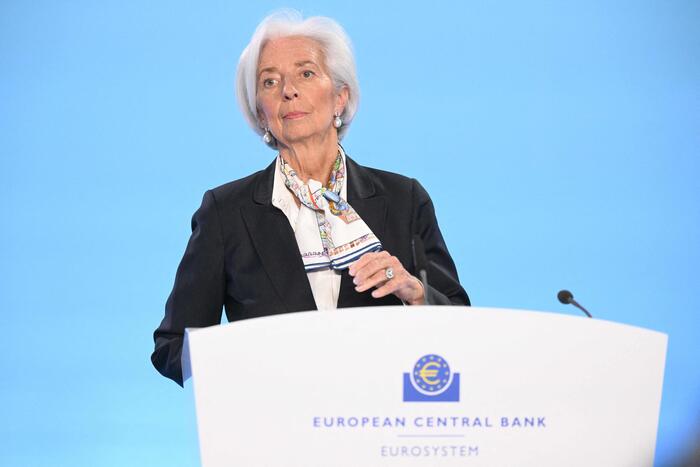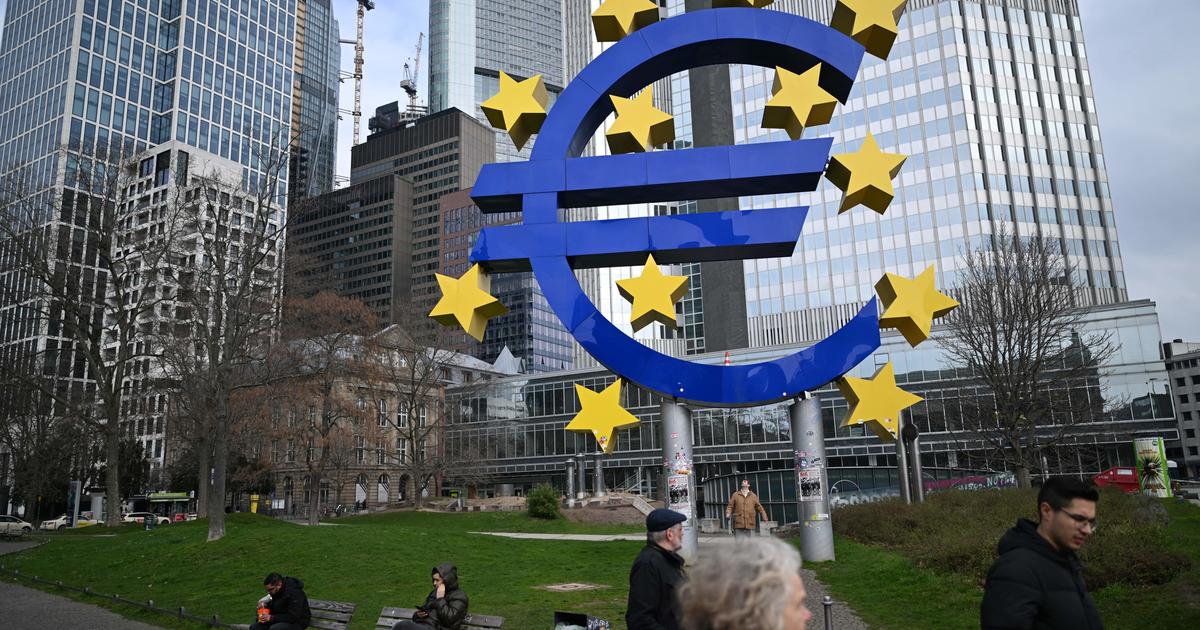Skyrocketing inflation continues to sink wages for Britons, which fell 3% in real terms, i.e. adjusted for price rises, for the three months to the end of June, according to the latest figures of the UK labor market.
Real earnings, excluding bonuses, have “fallen at the fastest rate on record since comparable statistics began in 2001,” said Darren Morgan, director of economic statistics at the Office for National Statistics (ONS), on Twitter. .
Wages increased by 4.7% for the period, but inflation reached 9.4% over one year in the country in June and could exceed 13% in October according to forecasts by the Bank of England.
The unemployment rate meanwhile remained stable at 3.8%, a lowest in almost 50 years and slightly below its pre-pandemic levels, "
which shows that the labor market is solid
" and underlines "
the resilience of the British economy,
" said Finance Minister Nadhim Zahawi.
SEE ALSO
- Germany: Scholz promises a new inflation aid package
The lasting effects of Covid-19 on the economy
But the inactivity rate remains 1.2 points above its pre-Covid-19 level, the ONS said in its monthly report on Tuesday.
Many Britons have indeed left the labor market since the pandemic, between long Covid, chronic pathologies whose treatments have been delayed and early retirement.
The phenomenon has not diminished across the Channel, unlike the EU or the United States.
The problem even worsened between April and June, according to the ONS, which notes that "
the number of people economically inactive due to long-term illness
" has increased.
This is more than 500,000 fewer people on the labor market since the start of the pandemic.
One of the factors regularly singled out: the long waiting lists of the public health system, the NHS, which has been underfunded for years.
More than six and a half million people are waiting for care considered non-urgent, a figure that has increased by more than 50% since the start of the pandemic.
In a country hit by severe labor shortages, however, the number of job vacancies between May and July fell slightly from the previous three months, to just under 1.3 million, but remained far above its pre-pandemic levels.
"
Employers are doing what they can to help their staff get through this period, but a large majority cannot afford to raise wages enough to keep up with inflation
," the CBI employers' union said in a statement.
He also echoes the difficulties in recruiting companies in a country affected by severe labor shortages.
Read alsoEurope's proposals to improve low wages
This is a "
sign that the labor market is easing
," said Danni Hewson, analyst at AJ Bell.
"
Where last month there were more job vacancies than unemployed, the number has now evened out
," he said.
If “
the weakness of the economy
” helps the relaxation of the labor market, while British GDP contracted by 0.1% in the second quarter, “
it remains exceptionally tense
”, nuance Ruth Gregory, analyst of Capital Economics .
SEE ALSO
- Inflation: the Bank of England sees the recession approaching















